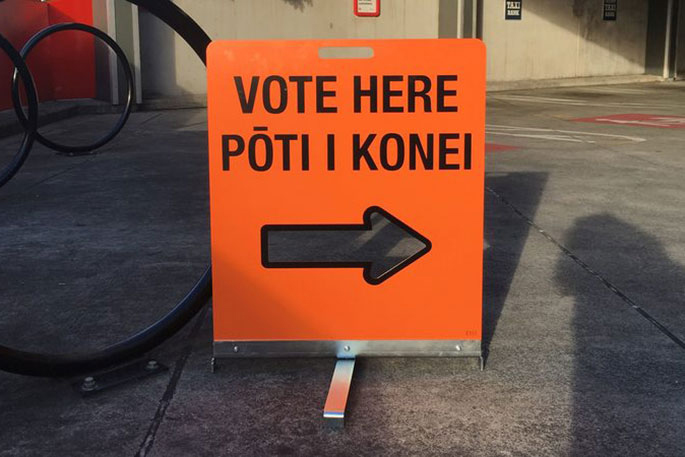The Government's announcement changing the Māori Electoral Option to allow Māori voters to switch electoral rolls at any time, 'is a step in the right direction”.
While the bill is expected to be introduced to parliament in the coming weeks, Waikato leader Lisa Thompson has welcomed the development.
'I believe this is another step in the right direction.
'(I) look forward to its implementation in 2023. This will encourage and enable Māori to vote in both general wards and for Māori wards. It is also a recognition of our obligations under the Treaty.”
'We are recognising that we need to enable our treaty partners to have equal access to participating in local and national democracy.”
Justice Minister Kris Faafoi made the announcement on Thursday, saying that by allowing Māori to change rolls at any time, up to and including on polling day, it provides Māori with flexibility and promotes participation in New Zealand's democracy.
'By removing the restrictions that currently lock Māori voters in their roll choice for two general elections, this change represents a significant improvement to a status quo that prevents Māori voters from fully exercising their electoral rights.”
The Māori Electoral Option is a four-month period held every 5-6 years within which Māori voters choose to move between the general or Māori electoral rolls.
It last took place in 2018, and under the current rules Māori will not have the opportunity to change rolls until after the 2023 General Election.
The Ministry of Justice examined the Māori Electoral Option in mid-2021, meeting with academics and interested groups to exchange expertise.
Issues with the timing and frequency of the Māori Electoral Option have also been repeatedly raised in reports by the Justice Select Committee and the Electoral Commission.
'The feedback from the engagement overwhelmingly supported a shift to a continuous model to remove the restrictions on Māori voters' electoral rights.
The current restrictions on timing and frequency of the Option are unjustified, unfair, and often difficult to understand”, he says.
The Bill is expected to come into force in March 2023 in time for the 2023 General Election.
According to Waikato academic Kirsty Barber, it's disappointing the timing wasn't better aligned to this year's local government election.
'[This is] great news but sadly, as we've been warning people, a lot of Māori [are] going to be disappointed this October when they find they can't vote in Māori wards because they're not on the roll. But it's another good reason to have Māori candidates standing in every general seat as well,” she says.
While the law change will allow Māori voters to change rolls at any time, there will be an exception preventing voters from switching rolls to vote in by-elections.
-Public Interest Journalism funded through NZ On Air.




0 comments
Leave a Comment
You must be logged in to make a comment.